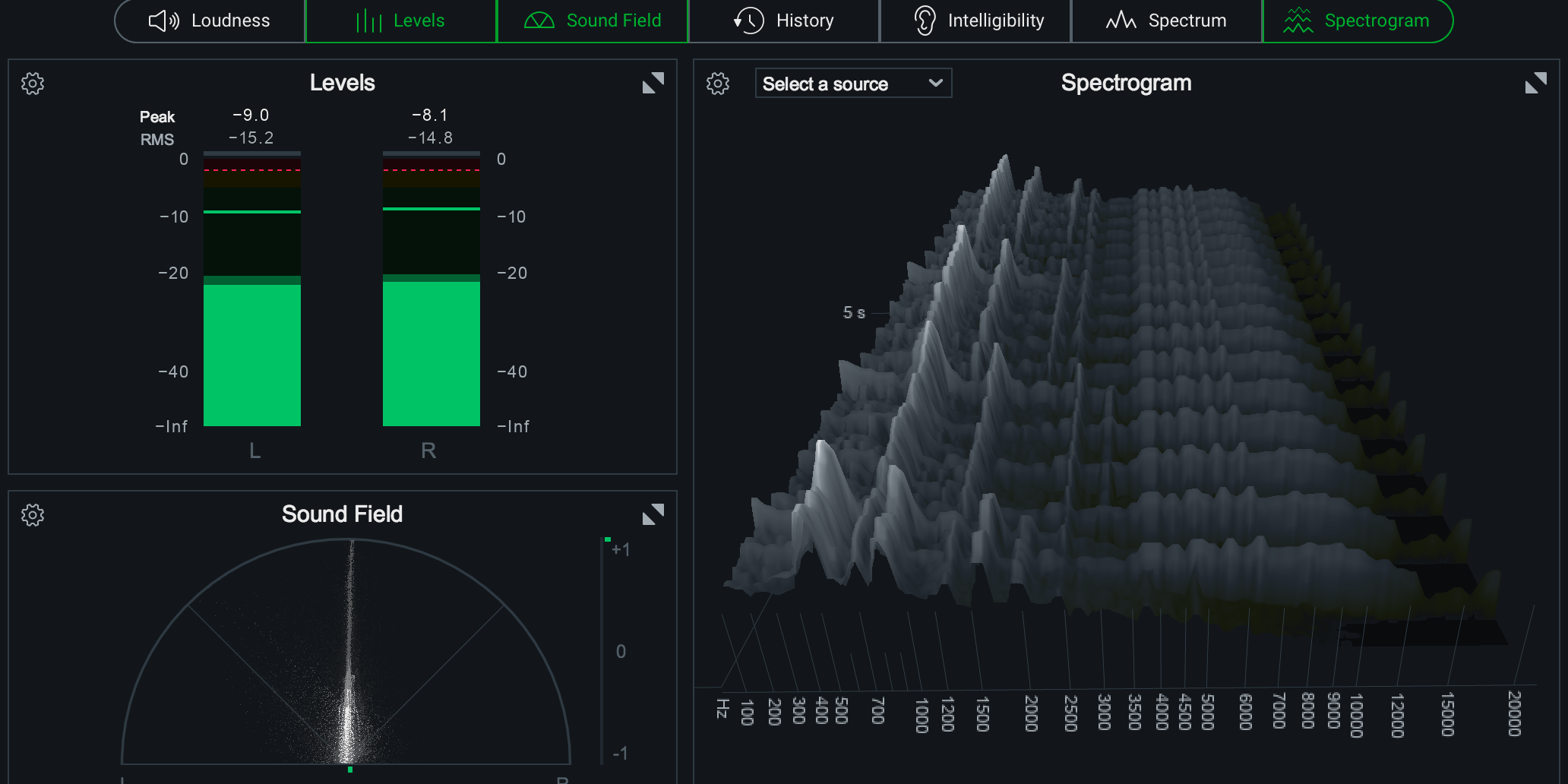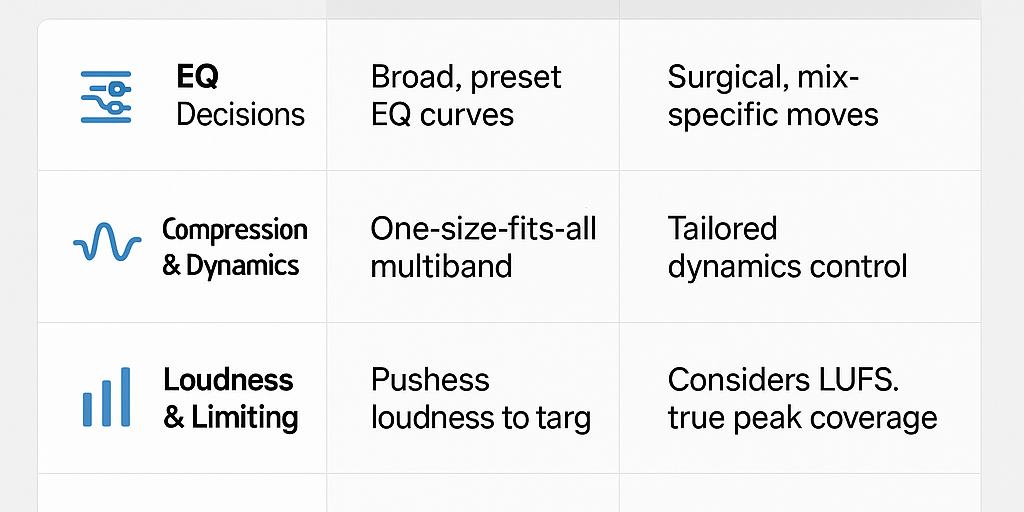Digital audio workstations (DAWs) are an essential tool for anyone in the music production industry. They allow you to record, edit, and mix audio tracks to create professional-quality recordings. With so many options to choose from, it can be overwhelming to select the best DAW for your needs. In this blog post, we'll take a look at some of the top DAWs available and highlight their unique features and capabilities.
- Pro Tools is an industry-standard DAW that has been around for decades. It's a popular choice among professional studios and audio engineers, and for good reason - it offers a wide range of advanced features and a user-friendly interface. Some of its standout features include support for high-resolution audio, a large selection of virtual instruments and effects, and the ability to handle large, complex sessions.
- Logic Pro is another highly respected DAW that is popular among both professionals and hobbyists. It's particularly well-suited for electronic music production and includes a vast library of virtual instruments and effects. It also has a user-friendly interface and powerful editing capabilities, making it a great choice for those new to music production.
- Ableton Live is a popular choice among electronic music producers and live performers. It has a unique, non-linear interface that allows you to easily improvise and experiment with your tracks. It also includes a wealth of virtual instruments and effects, and its Session View makes it easy to arrange and rearrange your tracks on the fly.
- Studio One is a newer DAW that has quickly gained popularity due to its intuitive interface and powerful features. It includes a range of virtual instruments and effects, as well as advanced editing and mixing capabilities. It also has a strong community of users and developers, which means you'll have access to plenty of resources and support.
- Cubase is another long-standing DAW that has a strong reputation among professionals. It has a comprehensive set of features, including support for high-resolution audio, a large library of virtual instruments and effects, and advanced editing and mixing capabilities. It also has a user-friendly interface, making it a great choice for those new to music production.
The best DAW for you will depend on your specific needs and preferences. If you're just starting out in music production, you may want to consider a DAW with a user-friendly interface and a good selection of virtual instruments and effects. On the other hand, if you're a more experienced producer, you may want a DAW with advanced features and support for high-resolution audio. I personally have been using Pro Tools since 2004 and went to recording school where Pro Tools was the primary focus. Whichever DAW you choose, be sure to take the time to explore its features and try out a few different options before making a decision.




Hi my name is mohau I live in south Africa gauteng province and I am 12 years old I want to be a afrobeats singer